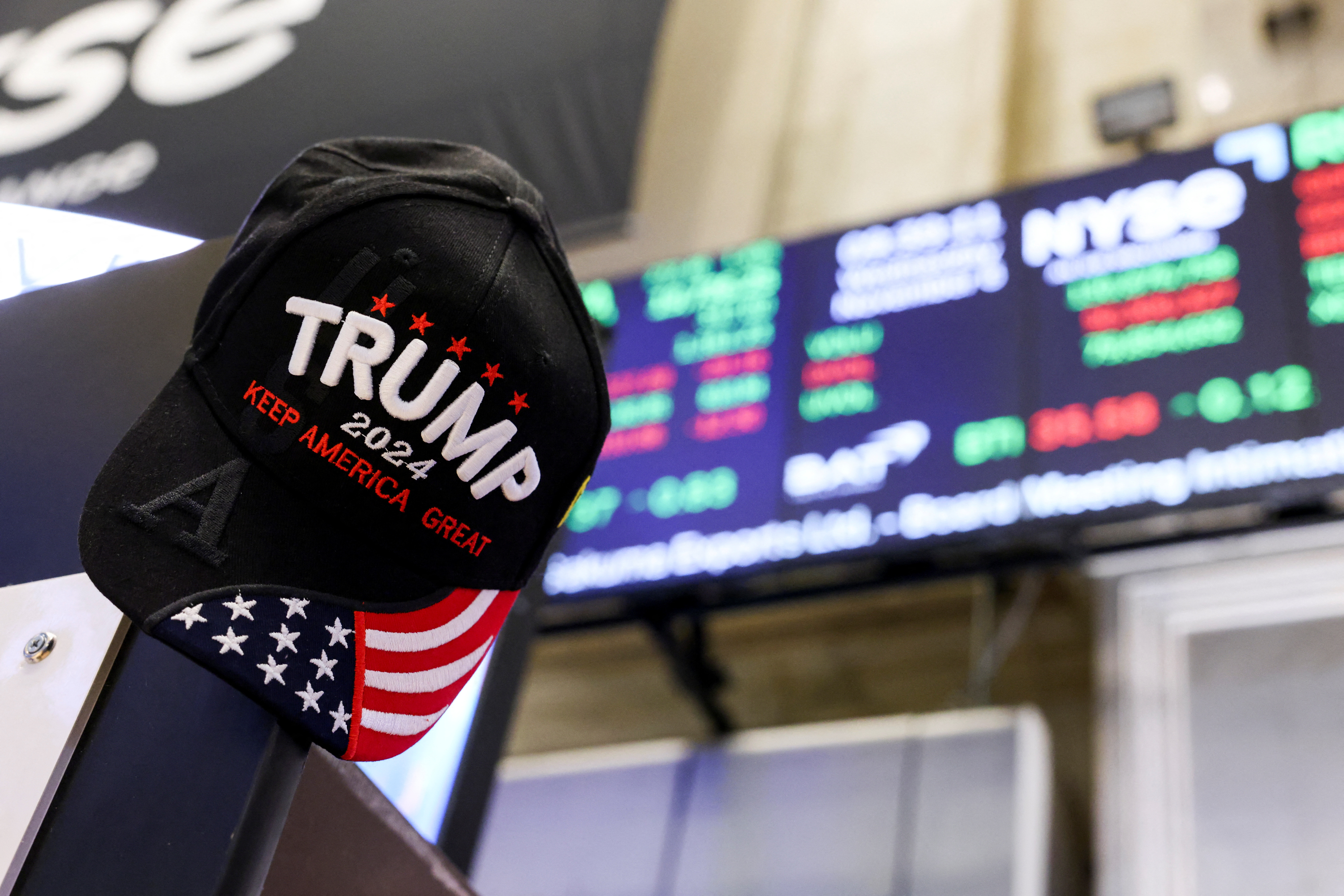James Perry, founder and CIO of Perry International Capital Partners, joined Dan Proft and Amy Jacobson to offer insights on the global economy, U.S. trade policy, artificial intelligence investment, and what small business indicators are telling us about the health of the American labor market.
The interview began with a discussion of former President Trump’s recent phone call with Chinese President Xi Jinping. Trump characterized the conversation as productive, citing progress on outstanding trade issues like rare earth magnets. Perry said the tone of the call, and the fact that it happened at all, would likely be viewed positively by Wall Street. Despite frustration in Europe over Trump-era tariffs, Perry noted that stabilizing the U.S.-China relationship remains the key to global economic health. “Until that happens,” he said, “the market’s not going to like it.”
Perry highlighted China’s internal pressures, particularly the need to maintain employment for hundreds of millions of factory workers. He said this gives both sides strong incentive to reach an agreement, even if it takes until the end of the year. He predicted other deals—with India, South Korea, and North American partners—would likely be finalized sooner.
The conversation then turned to the U.S. labor market and inflation. While some recent indicators have shown softening—such as a decline in the number of small businesses raising wages—Perry pushed back on the notion that the job market is weakening significantly. He pointed to a record-high labor force of 161 million workers, strong wage growth reported by the Atlanta Fed, and personal income increases that continue to fuel consumer spending.
Perry attributed inflation primarily to the federal deficit, noting it has quadrupled since 2019. He warned that while corporations can weather inflation thanks to high profit margins, small businesses are being squeezed. “Small businesses and average taxpayers are getting hurt the most,” he said, citing their limited ability to absorb price increases.
Despite these headwinds, Perry painted a generally bullish picture of the economy. He pointed to a 3.8% Q2 GDP growth forecast from the Atlanta Fed and noted that business investment, especially in artificial intelligence, is soaring. Perry said American businesses spent $1.7 trillion on AI buildout in 2024 alone, and that number is expected to rise to $8 trillion by 2029—equal to 20% of GDP.
On the policy front, Perry applauded efforts in Congress to prevent state-level regulation of AI as part of broadband legislation, arguing that such moves will help maintain the U.S. lead in the global AI race. He called the AI boom an “economic cold war against China” and said the stakes are too high for the U.S. to fall behind.
In a final segment, Perry praised the economic reforms underway in Argentina under President Javier Milei, citing the country’s dramatic drop in inflation—from 200% to 5%—as a case study in the power of government spending cuts. He suggested Washington should take note. “If you reduce government spending, inflation expectations will go down, interest rates will go down, and the economy will boom,” he said.
Perry closed by contrasting how inflation affects corporations and small businesses. While big tech companies like Nvidia enjoy massive profit margins and pricing power, smaller firms struggle with borrowing costs and narrowing margins. Nonetheless, Perry expressed continued optimism about U.S. growth, particularly in sectors driven by technology and capital investment.
In short, despite some economic pain points, Perry sees strong fundamentals in place for continued U.S. growth—so long as policymakers don’t get in the way.





